Swiss poised for delicate EU negotiations
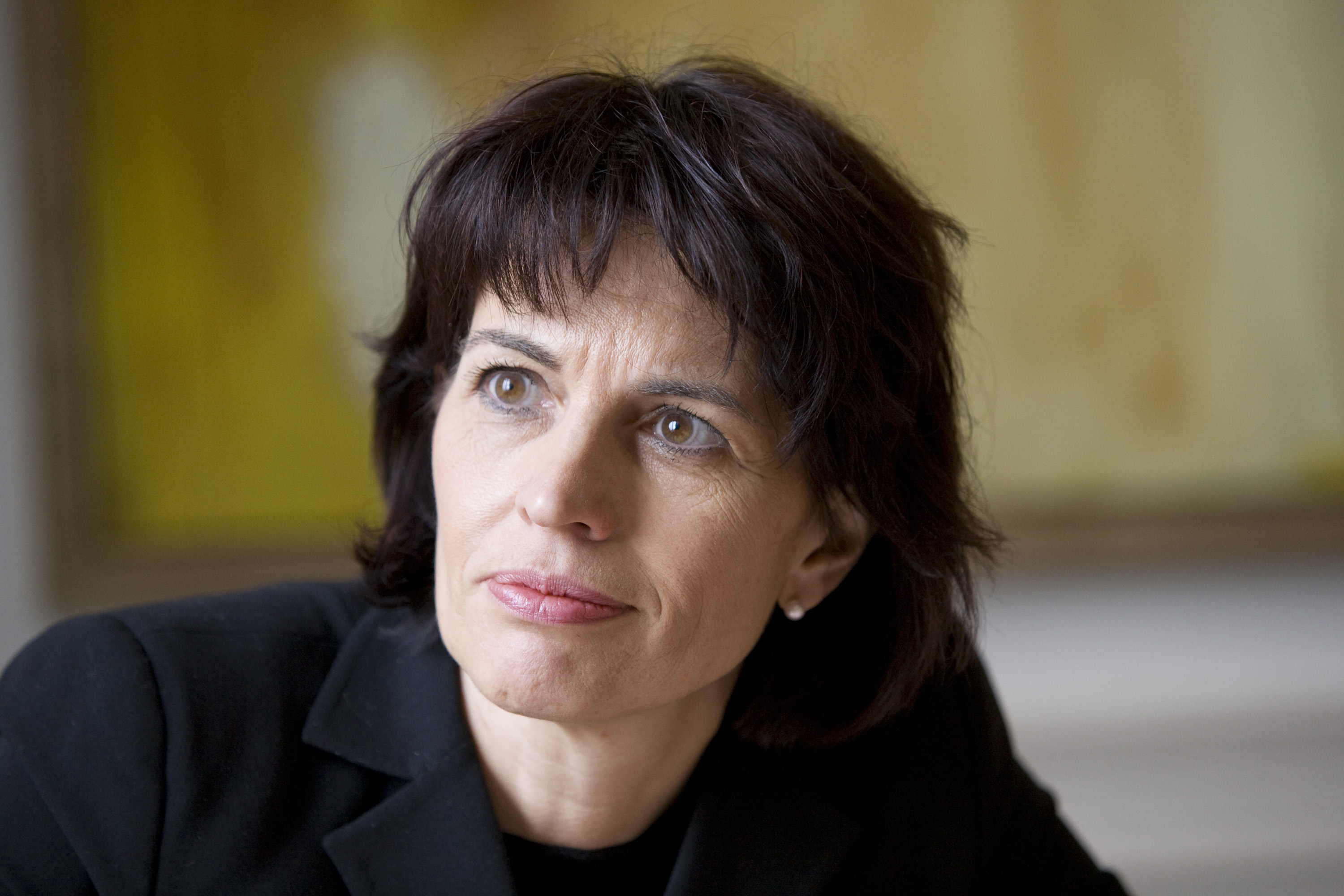
President Doris Leuthard, who travels to Brussels on Monday to meet European Union leaders, will face a tricky job as both sides seek to redefine their relationship.
After concluding two rounds of bilateral accords in 1999 and 2004, Switzerland and the EU would like to expand their relationship, but plenty of hurdles remain before any more agreements can be signed.
Discussions have already been held about possible new accords, on topics such as the electricity market, the liberalisation of agricultural exchanges, health, consumer protection, security and the commercialisation of chemical products.
But the EU is interested in adding other issues to the package, including a series of tax-related items: improving the fight against fraud, direct taxation, extending the application of the EU rules on taxing savings and the application of the EU’s code of conduct for the taxation of companies.
Discussions promise to be difficult. Reason enough for the state secretary for international financial and tax affairs, Michael Ambühl, to join Leuthard on her trip to the Belgian capital. Leuthard is also the Swiss economics minister.
New parameters
Negotiations on a new package of bilateral accords will be challenging, but before they can move ahead some parameters of the relationship between Switzerland and the EU will have to be redefined.
In 2008, the 27 members of the European Union changed their policy towards Switzerland. Current doctrine insists on the need to reach a “balance of interests” in all fields of cooperation.
This includes resolving older issues such as the taxation of companies and free movement of people as well as ensuring the EU’s legislation and jurisprudence are applied by the Swiss.
In other words, Brussels is no longer ready to sign tailor-made agreements with Switzerland, which is being told to align itself on EU rules and regulations.
So far none of these conditions have been agreed to during earlier talks, according to EU reports.
Out of proportion
Brussels considers that some of Bern’s demands are way out of proportion. Switzerland would like, for example, to continue its exports to the Middle East and Asia of cigarettes with tar and nicotine concentrations that are banned in the EU.
There are other sore points.
Switzerland, the body claims, refuses to apply EU regulations concerning competition in the electricity market, won’t adapt its legislation to European health norms and won’t submit to the EU commission’s surveillance or the jurisdiction of the European Court of Justice in the agricultural sector – to name but a few.
Brussels is so far “not particularly optimistic” about the outcome of negotiations, considering the price it would have to pay for a new agreement as being too high.
European Commission President José Manuel Barroso will no doubt remind Leuthard on Monday that if no framework for future negotiations is signed, it will probably mean that the piecemeal bilateral path followed by the Swiss since 1992 has run its course.
The Swiss government will publish on August 18 a report on the country’s European integration policy and will have to answer the question whether bilateral accords are still a valid option.
But if the cabinet sticks to the current course, it could be that the EU changes the game rules without consulting the Swiss. The Union’s 27 foreign ministers are already planning to discuss the relationship between Brussels and Bern in December.
Tanguy Verhoosel in Brussels, swissinfo.ch (Translated from French by Scott Capper)
Switzerland is not a member of the EU but it has concluded 20 major bilateral agreements with the 27-nation bloc.
There are also about 100 secondary bilateral accords between Bern and Brussels.
Negotiations are underway for a bilateral treaty aimed at regulating access to cross-border electricity and a free trade accord on agriculture.
Switzerland has to consider closer ties with the EU to maintain its sovereignty and position as a wealthy nation, experts say.
Think tank Avenir Suisse says continuing relations with the EU on the basis of bilateral treaties is not promising for the future.
Three possible scenarios are put forward: a new attempt at joining the European Economic Area (EEA) treaty; full membership of the EU, albeit without taking on the euro currency; or a global alliance of small and medium-sized states in Europe, Asia and Latin America.
Voters in 1992 narrowly rejected the European Economic Area treaty at the polls following a campaign by the rightwing Swiss People’s Party.
An application for EU membership has effectively been shelved, but not withdrawn.

In compliance with the JTI standards
More: SWI swissinfo.ch certified by the Journalism Trust Initiative
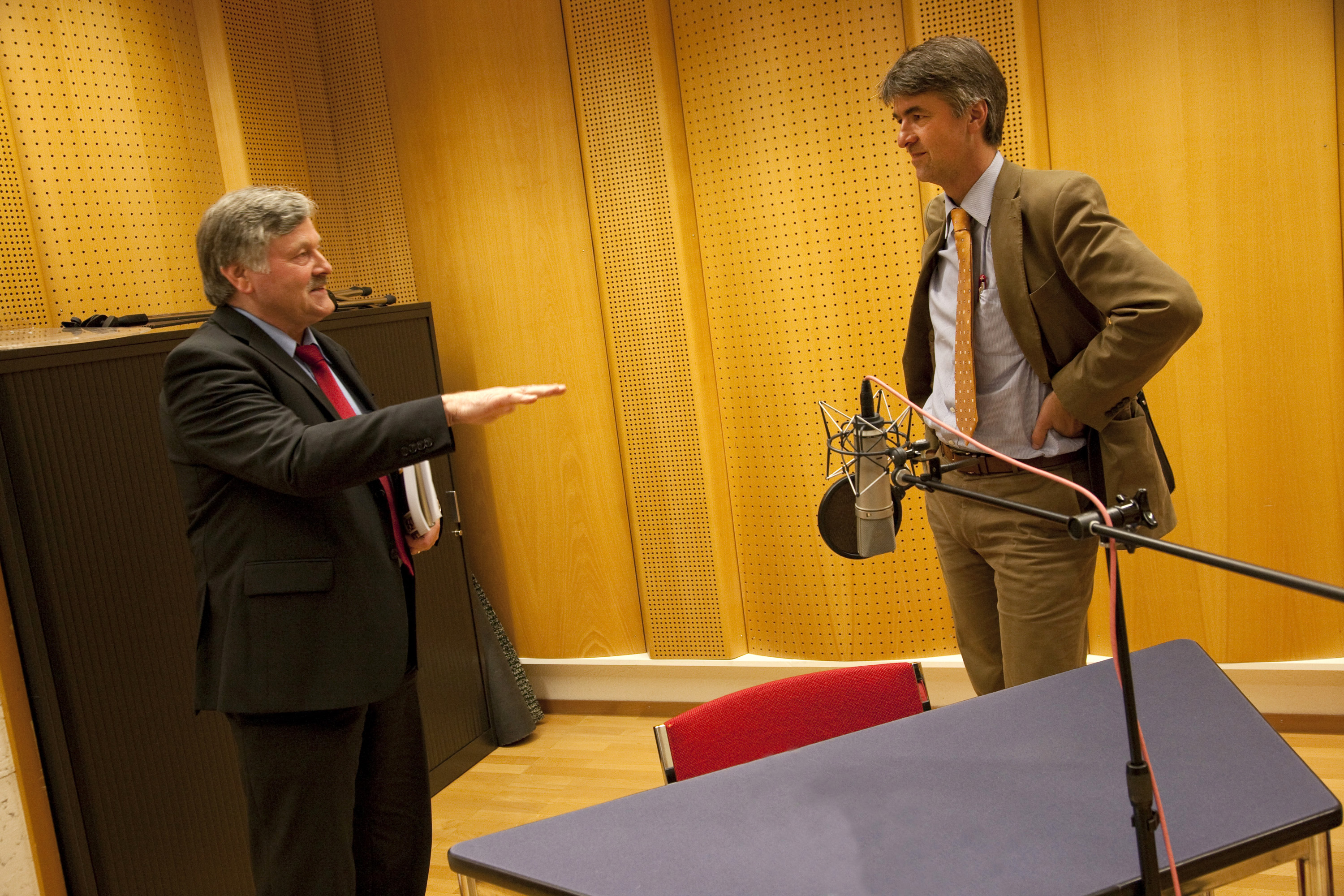
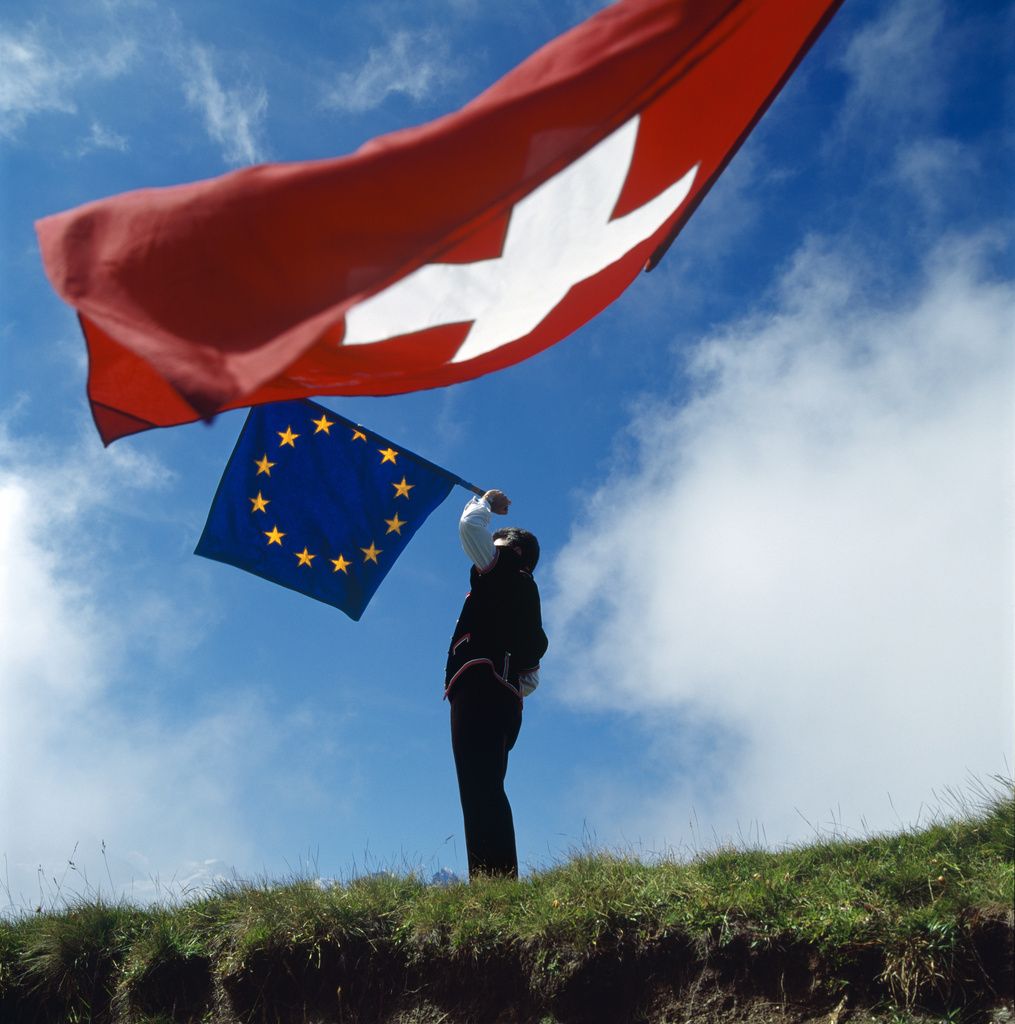
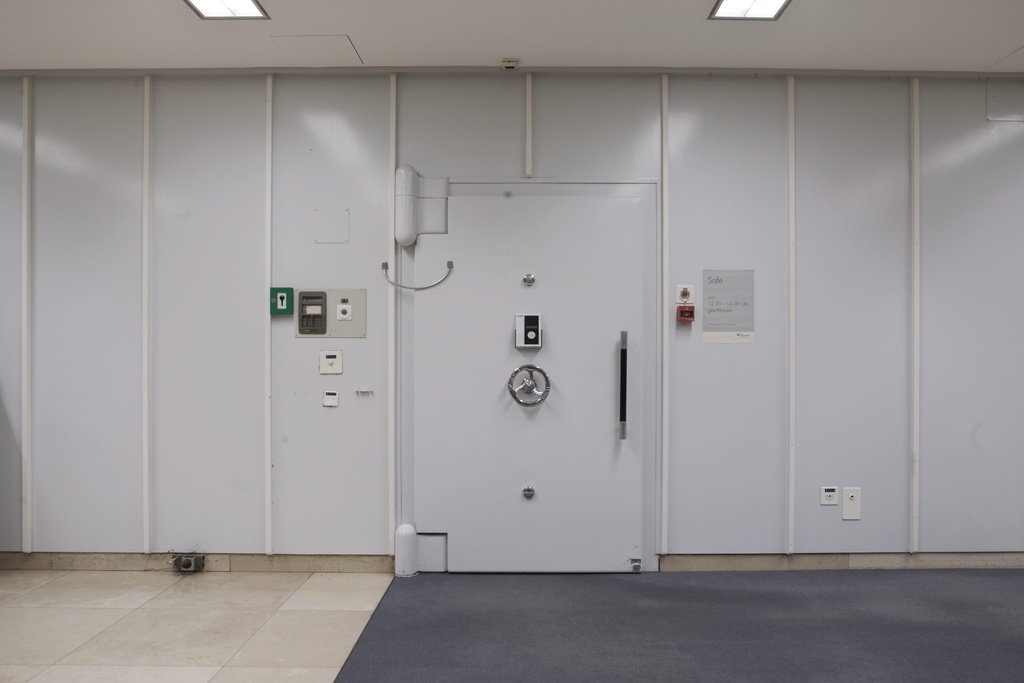
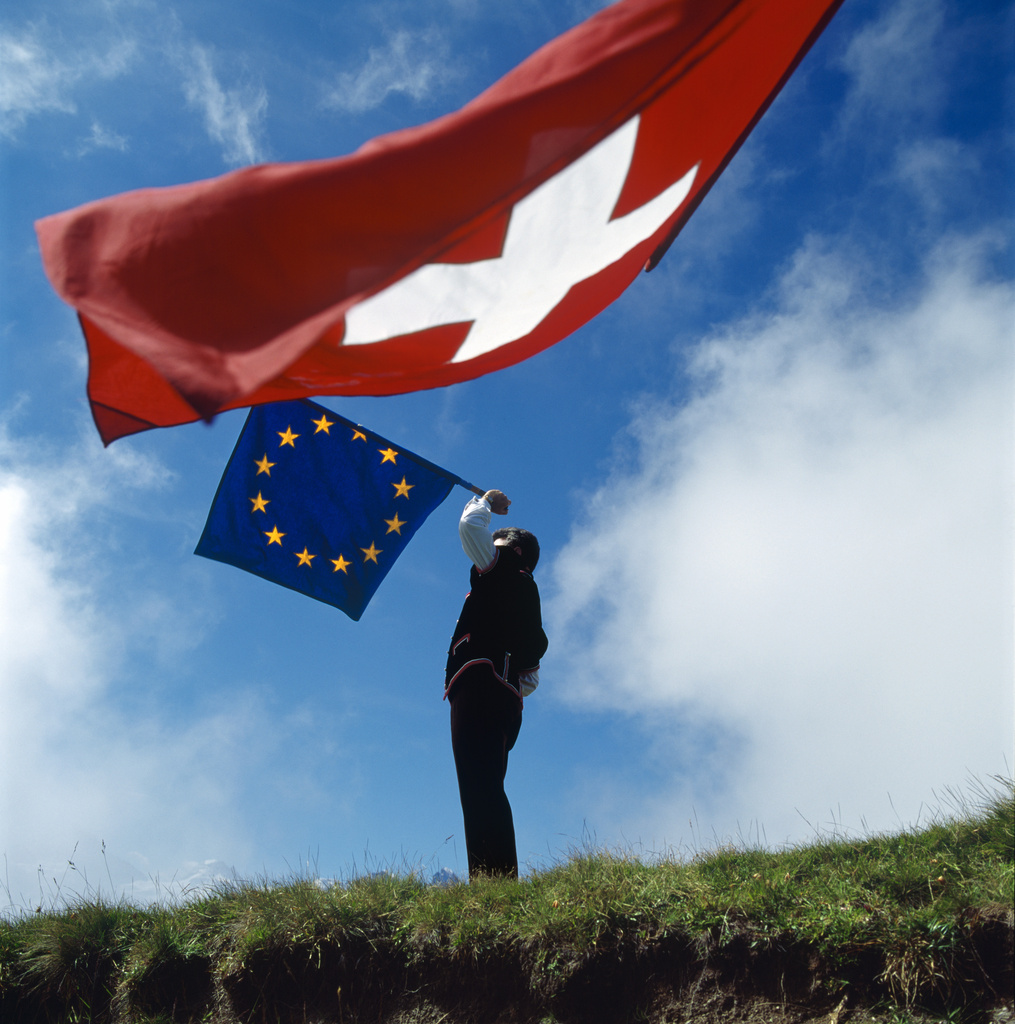
You can find an overview of ongoing debates with our journalists here. Please join us!
If you want to start a conversation about a topic raised in this article or want to report factual errors, email us at english@swissinfo.ch.